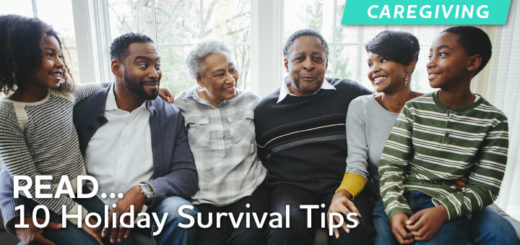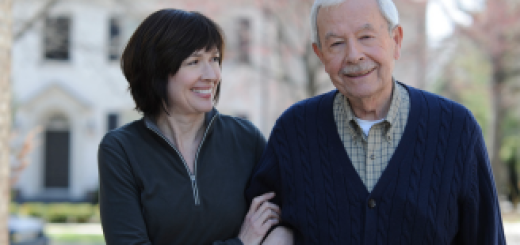Rethinking communication in a world changed by technology – and Alzheimer’s
I attended a staff in-service at the Alzheimer’s Association about utilizing social media for advancing our cause. I went only because I thought I needed to know what the topic entails – I admit I am living in another century when it comes to such topics. I mean, Twitter? FaceBook? I was, of course, in the minority every time the presenters asked, “If you use [insert name of social media platform], raise your hand.” My mind just went into neutral while everyone else, or so it seemed, was quite animated talking about “friending” and “re-tweeting.” I think a time or two my eyes might have glazed over because the presenters would look my way and announce, “It is OK not to be on FaceBook. It isn’t for everyone.” I sank lower in my chair.
However, by the end of our meeting, I realized something regarding these social media tools. They are all about establishing relationships – with old friends, new friends, former neighbors, or family living at a distance. I am a real fan of relationships, it’s just that I would rather use the telephone (yes, I finally got a cell phone!) or send an e-mail. However, relationships need to be nurtured if they are to grow or even be maintained. That happens by honest communication.
I know that communication with a person who has dementia can be challenging. He or she cannot always understand what is said, or form a response that to the listener is intelligible. What I would say to those of you who experience this with your loved one, is perhaps to expand our usual idea about “communicating.” When words no longer work, a gentle touch on the arm, holding a hand, a smile, spending time putting lotion on dry hands or feet, all of these are communicating in a way that says, ” I care about you, you are important to me.” We might never stop loving, but we might think it is no longer possible to tell someone that we love them. Perhaps we just need to come up with other ways to speak from our hearts.
If you are a caregiver for someone with Alzheimer’s disease and are seeking more information about communicating with your loved one, consider attending one of our free education classes: Compassionate Communication and Coping with Challenging behaviors. You can find a class near you by calling us at 1.800.272.3900 or visiting www.alz.org/norcaland clicking on the Education Programs tab.
And if you’ve found a successful method for modifying your communication with a loved one with Alzheimer’s, let us know by posting a comment below!
















